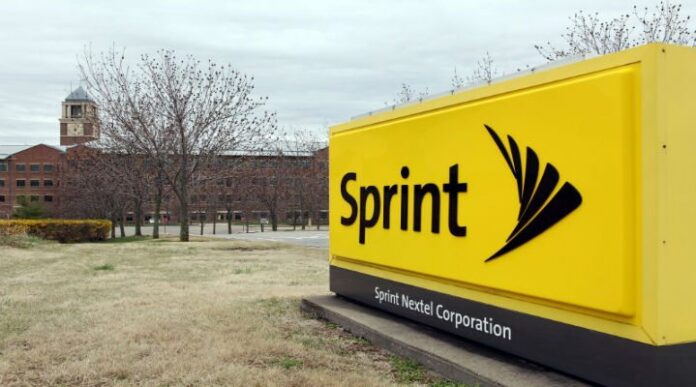Analysts say Sprint could bring on a network partner, air concern over vendors keeping pace with operator small cell needs
The much-hyped Sprint network upgrade, which is expected to favor small cells with some estimates predicting 70,000 being deployed, apparently has financial investors and analysts on edge.
Sprint appears to have lost ground to T-Mobile US and slipped to the No. 4 U.S. carrier spot, which could be confirmed on Aug. 5, when Sprint, owned largely by Japanese firm SoftBank, is scheduled to release quarterly financials.
“The issue is that it’s going to be very taxing on the existing small cell community (of equipment providers) to provide enough capacity for both Verizon and Sprint going full-bore over the next two years,” Kevin Smithen, an analyst at Macquarie Capital, told IBD. “The small cell industry has to expand, with more players like Zayo coming in.”
In addition to Sprint’s plans to use small cells to densify urban markets, Verizon Wireless has also earmarked $500 million to spend on small cell deployments.
Mobilitie is expected to a primary partner for Sprint, charged with securing the sites and negotiating terms for deployment. Deployment of 70,000 outdoor small cells would require the acquisition of roughly the same number of discrete sites. Operators typically look for utility poles, lamp posts, church steeples and other structures that rise above most roof levels. Most sites will require zoning, permitting and negotiations with municipal authorities.
In addition, Mobilitie may fund some portion of the Sprint deployment, according to analyst Jennifer Fritzsche of Wells Fargo Securities. Mobilitie, a privately held company, declined to comment. Fritzsche said that while the financing model is unclear, the expectation of a small cell focus is very strong.
“Small cells is clearly a large focus,” said Fritzsche. “Seventy thousand seemed to be the whispered about number [and] that is confirmed by several sources I have talked to. It seems like it could be Mobilitie as the winner of this contract. … It is a big number and we know that [Sprint Chairman Masayoshi Son] has had luck with small cells and it’s an important part of his Japanese focus with Softbank, so I think what he’s trying to do is mirror that here.”
Sprint taking on a small cell partner is in line with RBC Capital analyst Jonathan Atkin’s position, published in a recent research report. He speculates that a partner could “construct and own major network elements,” which would keep “capital spending off Sprint’s balance sheet.”
Sprint recently secured $2.1 billion in vendor financing tied to its planned use of 2.5 GHz spectrum to bolster capacity of its LTE services.

